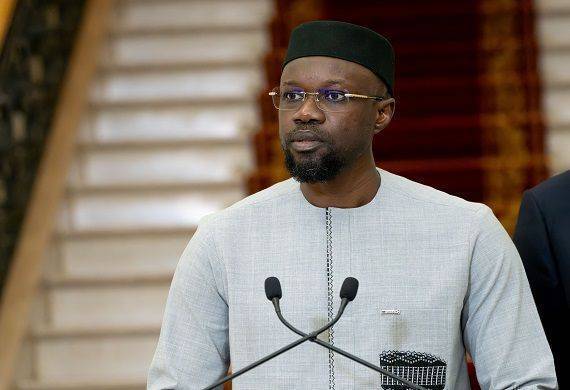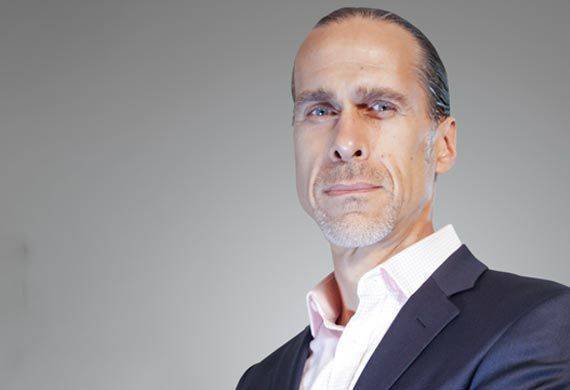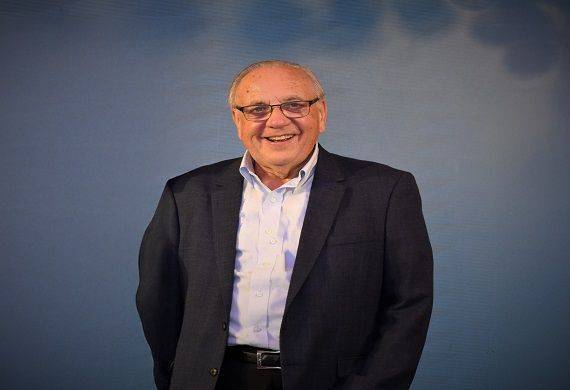Senegal Announces Economic Recovery Plan Relying on Local Funding
By Global Leaders Insights Team | Aug 01, 2025

Senegal’s Prime Minister Ousmane Sonko shared an ambitious plan to get the country’s economy back on track, focusing heavily on funding from within Senegal itself.
Speaking in Dakar, Sonko explained that 90% of the plan’s budget will come from local sources to avoid piling on more debt. Senegal, which started producing oil and gas last year, has been grappling with serious financial troubles. A 2023 audit showed the budget deficit was over 10%, twice what was originally reported.
The same audit uncovered that the nation’s debt was much higher than thought, with a debt-to-GDP ratio of 99.7%, hinting at roughly $7 billion in hidden borrowing. By June 2025, the central government’s debt had climbed to 23.2 trillion CFA francs ($41.7 billion), a 27% jump from 2023, pushing the debt-to-GDP ratio to 119%.
- Senegal Unveils Economic Recovery Plan with 90% Local Funding to Cut Debt
- PM Ousmane Sonko Targets Self-Reliance as Senegal’s Debt Hits 119% of GDP
- Senegal Pushes for Fiscal Independence Amid IMF Pause and Hidden Debt Crisis
“We will only seek external partners for asset recycling,” Sonko said, noting that Senegal will only turn to foreign partners for specific projects like asset recycling. The plan focuses on raising money locally, especially by improving tax collection, to pay for reforms without needing international loans. This comes after a tough year without funding from the International Monetary Fund (IMF), which paused its $1.8 billion program due to inaccurate debt reports.
The recovery plan includes cutting government costs and simplifying operations, tying into a broader 25-year development vision launched in October 2024. That vision, with $30.1 billion allocated for 2025-2029, aims to shrink the budget deficit to 3% of GDP while promoting sustainable growth.
Also Read: Cambodia Plans to Nominate Trump for Nobel Peace Prize
Experts see this as a promising move toward financial stability, but challenges lie ahead. Talks with the IMF for a new deal, possibly by September 2025, are key to rebuilding trust with investors. Recent bond market gains, spurred by plans to adjust economic metrics, offer some optimism.
Backed by President Bassirou Diomaye Faye, Sonko’s plan reflects a push for openness and resilience, giving Senegalese people hope for a stronger economic future.


